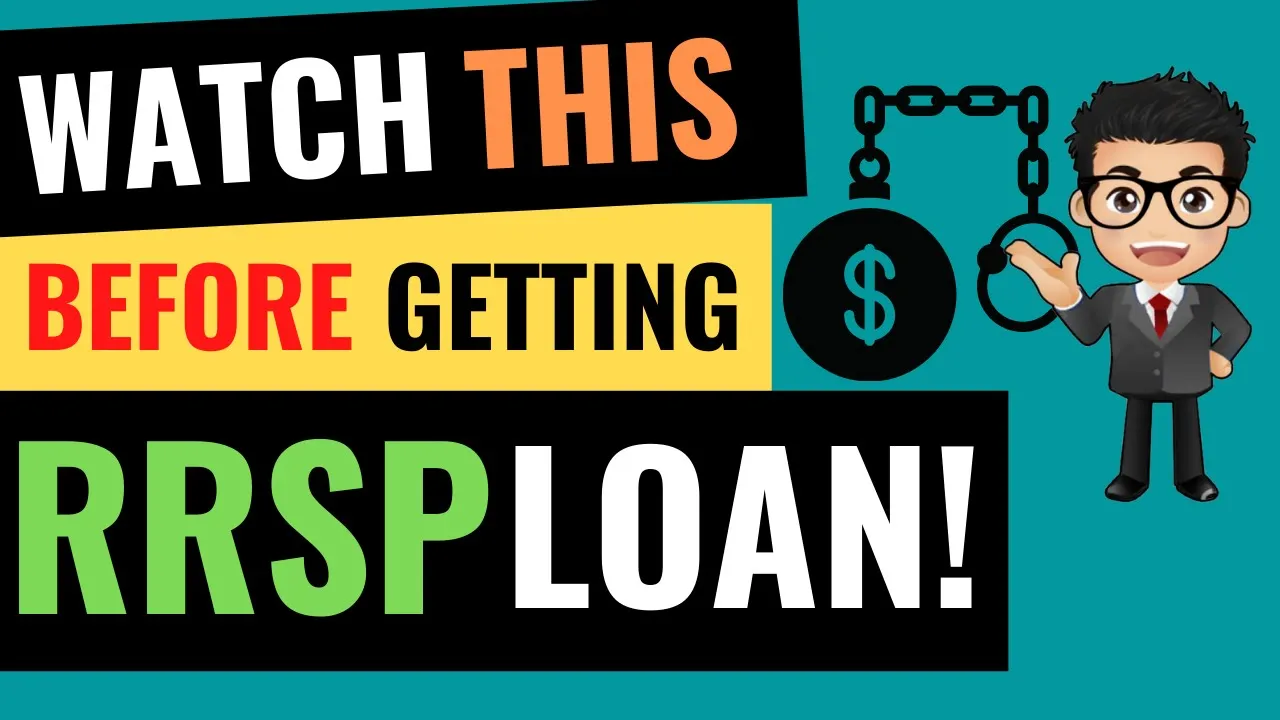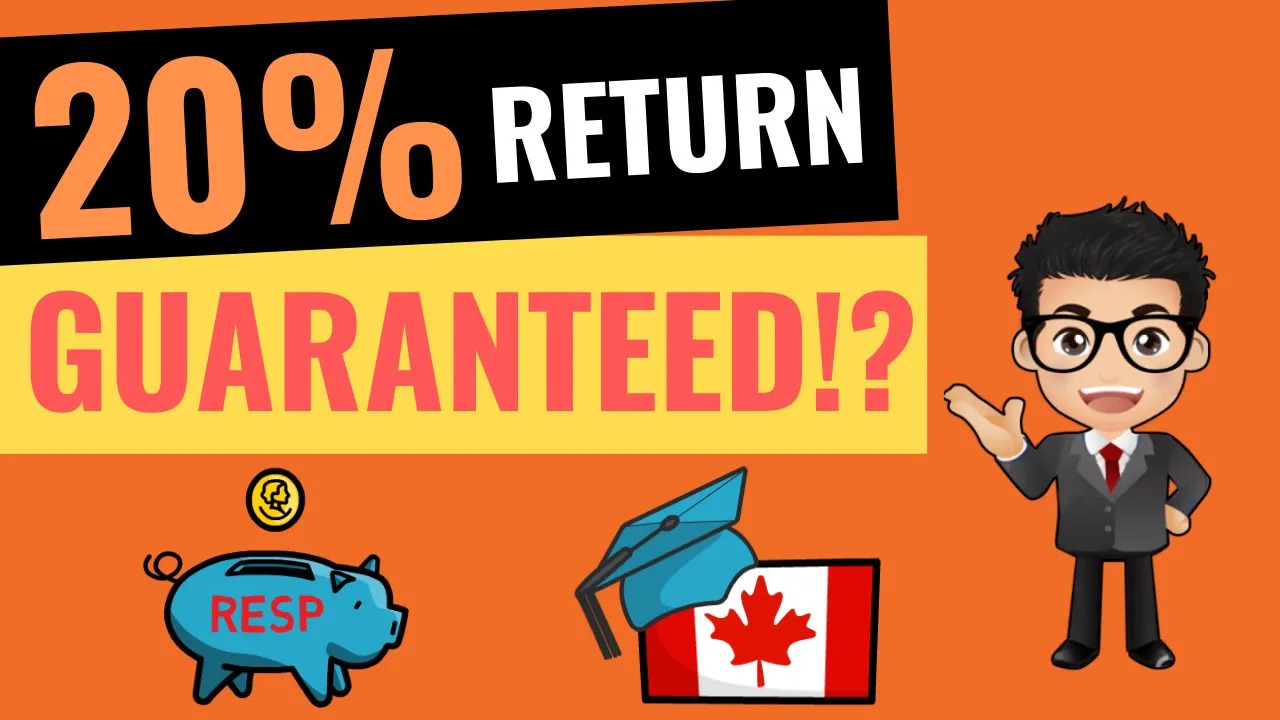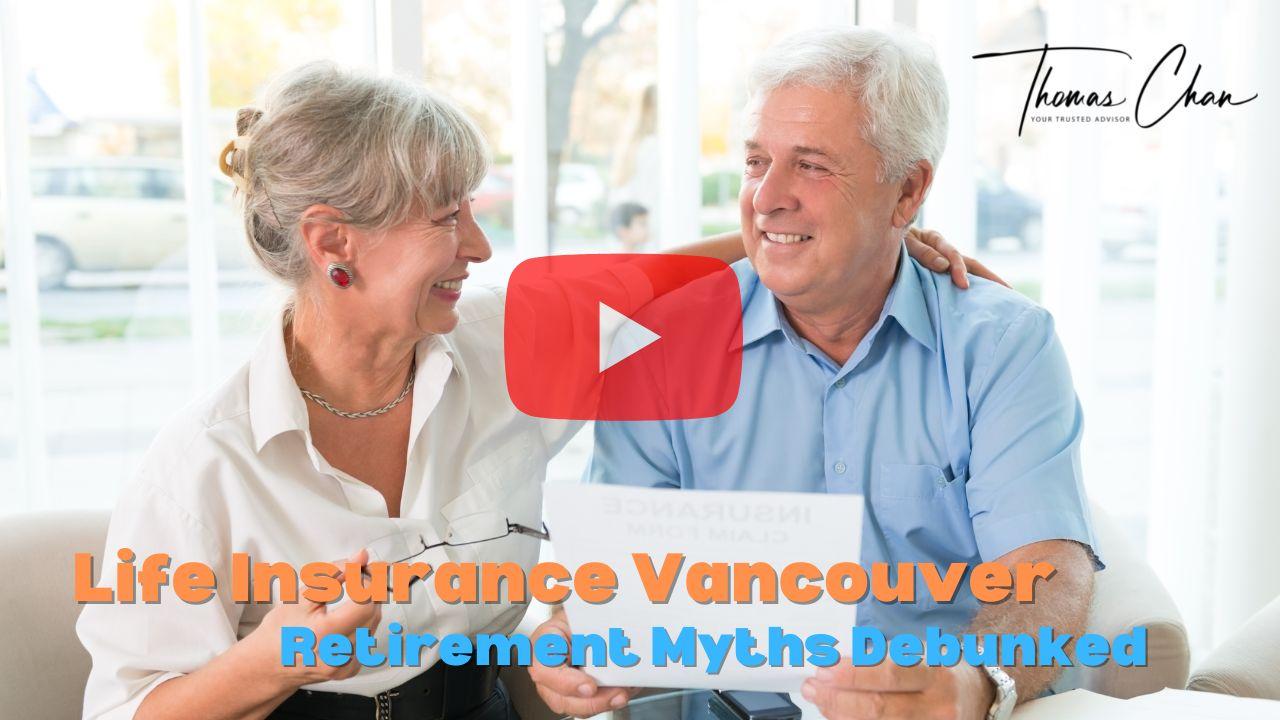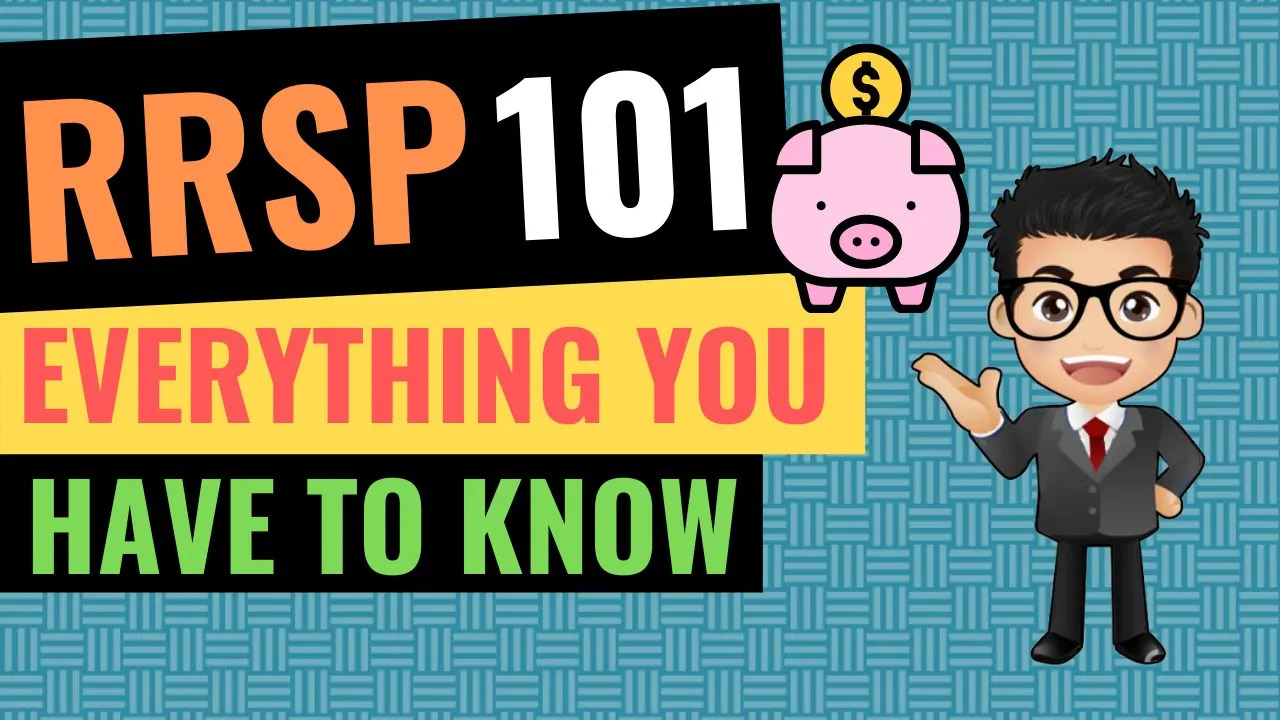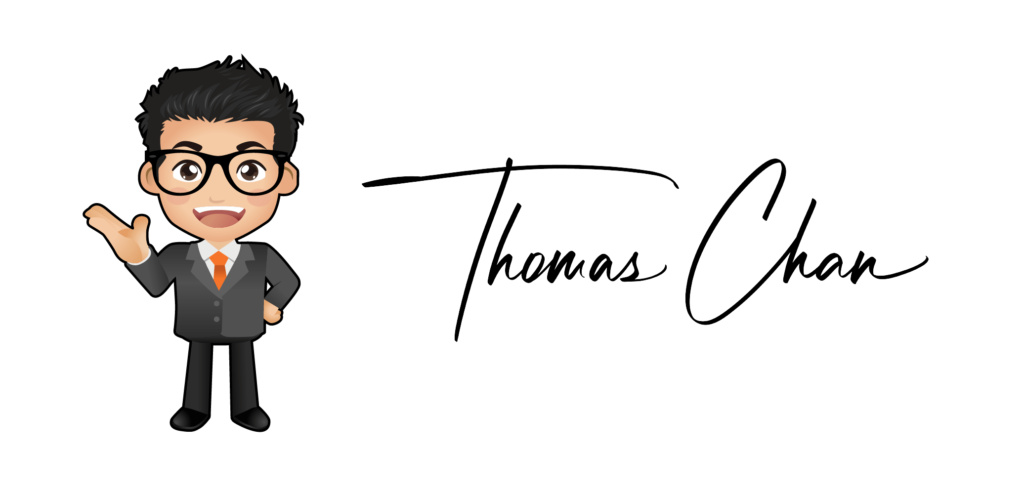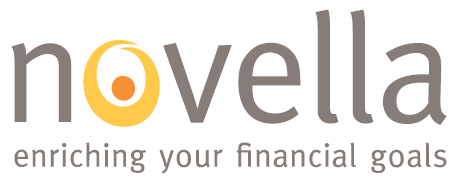Ever thought about what goes down with your stuff if you get sick or kick the bucket in Canada? Maybe you’re curious about the time it takes to fight over a deceased’s assets or the magic recipe for deciding who scores what from the estate? Well, I’m here to unpack the ABCs of estate planning in Canada, giving you a handy checklist for down the road. And guess what? You’ll dodge handing over half your savings to the Canadian government. Keep reading, and I’ll show you how to keep more cash in your pocket and less in Uncle Sam’s.
Now, keep in mind, I am a financial consultant, not a lawyer. Everything I share is for informational purposes. Talk to a lawyer to create a will or power of attorney.
What is estate planning?
First, let’s have a closer look at what estate planning is. Estate planning means passing one’s wealth from one generation to the next, no matter how small or big your wealth is, everyone with some assets should do this.
Estate planning deals with the important question of what happens if someone passes away…who will get the assets? Does it go to the spouse, the children or a charity? What part of the wealth will be owned by the business? What will be kept as memories and what will be disposed of?
In Canada, when we don’t think about will and estate planning while we are alive, it leaves no clarity which results in disputes arising. The Canadian government steps in and could potentially take away 50% of your assets.
Thinking about our death and what happens after it is not a comfortable topic but here’s something to consider: we work hard to make money for our entire life so we should be in control with what happens after. When we pass away, our family will already be in grief and leaving estate planning to them will make things harder. In many cases, it can even divide a family if things are unclear.
Take care of your will and estate planning now. If you need help, an estate planner can show you how to structure your estate planning as well.
Why is estate planning important?
I covered a bit above about the importance of estate planning but it is especially important for business owners and/or high networth individuals. It provides everyone with clear rules on what is going to happen with your assets once you are gone and protects your family.
Even if you have smaller assets or own one property, estate planning is still important. If things go wrong, your assets could go back to the government or become a financial burden to your family which I will cover later in this blog.
What happens if someone passes away in Canada?
When someone passes away, then they will enter the probate phase. Probating is a process where the state checks if the deceased’s will is valid. If you want to know more about what costs await you after your death, here is a video that covers that.
In the probate phase, there are a lot of things to do. Debt has to be cleared, the assets have to be distributed, etc. and more importantly, you have to cut a cheque to the government before you can claim the asset. If everything goes smoothly, this process usually takes 6-18 months. However, if lawsuits are going on, or any other issues occur, then probating can take up to 3-4 years.
The two biggest fees involved in Canada are:
- The Probate fee – This is very different from province to province. In B.C. for example, it’s 1.4% which this can add up to huge fees
- Taxes of the passed away person – If a Canadian citizen dies, everything that person owned will be treated as if this person sold all their belongings this year. This can cause a huge tax influx for the family! Examples include real estate other than your principal residence, and your RRSP or RRIF accounts. Let say if you still have $500,000 in the RRSP/RRIF accounts and no spouse to roll over. Then the whole $500,000 will be considered your income. And therefore 50% will go to the CRA.
This is why estate planning is so important to reduce stress for the remaining family.
Estate Planning Checklist
What makes estate planning so complicated and daunting is that it’s different in each province so the information below is an overview that you can use as a checklist for estate planning. However, if you’d like to learn more about estate planning, leave your questions and requests in the comments.
Here are a few things to consider for your estate planning in Canada:
- Your online passwords
It’s a good idea to keep a record of all your passwords. You can either write them down somewhere secure or use programs like One Password. Just make sure they are stored somewhere so your family can access them after you pass away.
Make sure to address what you want to happen to your social media accounts after you are gone. Should they be taken down or kept as a memory?
Making decisions like this on their own can be stressful for your family, so reduce stress like this early by being open about it.
- Your tax documents and insurance
Keep important documents like your tax documents and insurance statements in one place so your family can access them. You might also want to have a card with important phone numbers and contacts. Do not put this in a bank vault because your family may not have access to them unless there are clear instructions.
- Have a will
Your will is a huge factor when it comes to estate planning. In my opinion, everyone in Canada should have a will. But what exactly is it for? Well, it’s a document with instructions for your family to follow.
When you create your will, make it clear to avoid any arguments. Also, be aware that you have to name your executor, the person who will gather the beneficiaries and disturb the asset. Usually people will name the beneficiary as the executor as well for cost purposes. The executor is a serious task where mistakes can result in other family members suing them so pick someone ready for the task. Inside the will, you should have funeral instructions, instructions on what happens to your assets, and even guardian choices for minors and disabled members.
If you think you can get by without creating a will, here is an scenario that may make you reconsider:
If you are based in Ontario and you don’t have any will, then only the first $200K of your assets go to your spouse, the rest is split within the family. This can be a serious issue if you have kids under the age of 18. In some cases, the family has to document all expenses of the kids moving forward, to get or keep the money. But even if your kids are over the age of 18, there are still risks. Your kids suddenly get a huge sum of money, and there is no control over what decisions they make. In many cases, they are wasting the opportunities.
A proper, clear will helps everyone to avoid tricky situations like these.
Also keep in mind that even with a will, there are laws that you can’t just leave people out. Talk to an estate professional in your province to find out why.
While you definitely should have a will, it’s also not a magical tool that saves everything. Plus, after probation, it becomes a public document – so don’t leave unpleasant comments about family members.
- Power of Attorney
Another big part of estate planning is the power of attorney. This is very important in case you cannot make decisions due to sickness or other reasons. In such a case, the power of attorney allows you to pick someone to act in your name.
There are options to make it temporary, such as when you’re out of the country, for example. Family members will be able to pay your bills for you, collect payouts, and make other basic financial decisions for you.
There are also options so family members can make health care decisions for you. If you do that, definitely pick someone who deeply cares about you.
Regularly a power of attorney needs two witnesses to be legal and formal but some institutions have their own rules.
Once you have your power of attorney, send a copy to financial institutions. Depending on your location, you might need two PoA, one for health matters and one for financials. It’s also a good idea to have a backup in case the first PoA passes away or can’t continue the role.
- Name your beneficiaries
This is another important step of estate planning. Naming your beneficiaries makes it possible to bypass probate fees. For example, when you open an RRSP or a TFSA account in the banks, most of the time, they will not let you assign a beneficiary so be aware of that.
- Life insurance
When you pass away, most likely your family has to pay final expenses, probate fees, and the capital gain tax for you before they can inherit your assets. But if they can’t access your estate, it will be hard to pay off. A delay can cause more fees with the CRA. This is where life insurance comes into play. Insurance money gets paid out right away tax-free so it helps your family pay fees immediately. Life insurance has privacy protection, so therefore it will go straight into the hands of beneficiaries without any interference or delay. If you want to have your insurance reviewed for any gaps, please feel free to contact me for a consultation.
- Trust
Another component of estate planning are trusts. This is a complicated topic but it can be very effective for big corporations, real estate investors, or people with a huge portfolio. It provides a tax-saving advantage, estate freezes, and can even be used as a retirement income stream for yourself while younger family members work corporate.
As you can see, estate planning is a topic that goes deep and this post just covers the tip of the iceberg. If you have any questions, please feel free to leave them in the comments. If you want to keep learning about wealth and finances in Canada, be sure to follow me on my YouTube channel.

